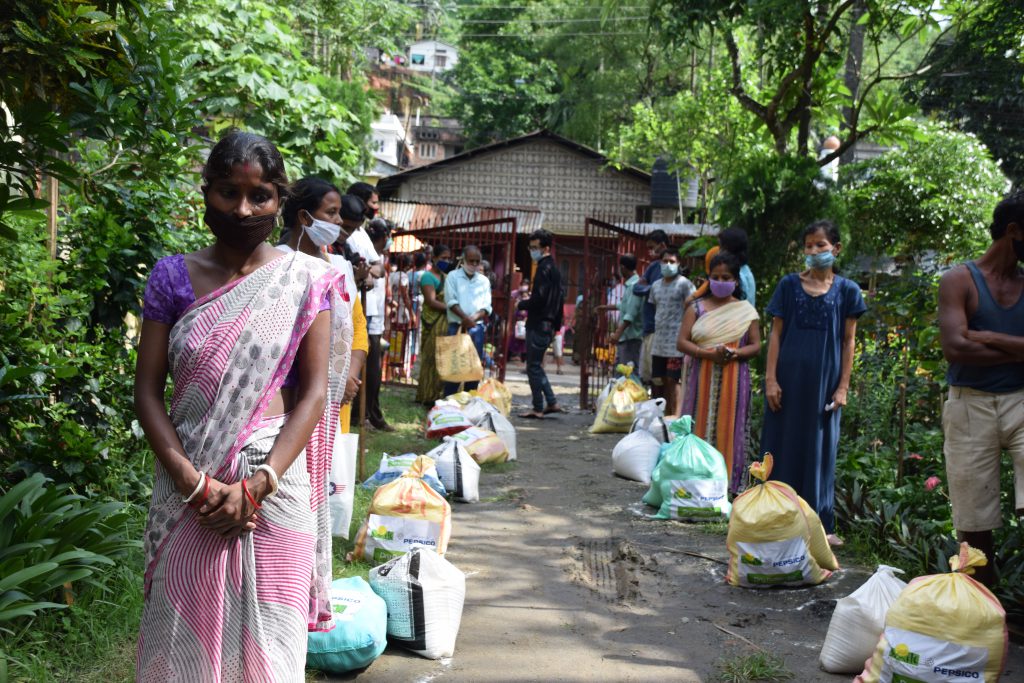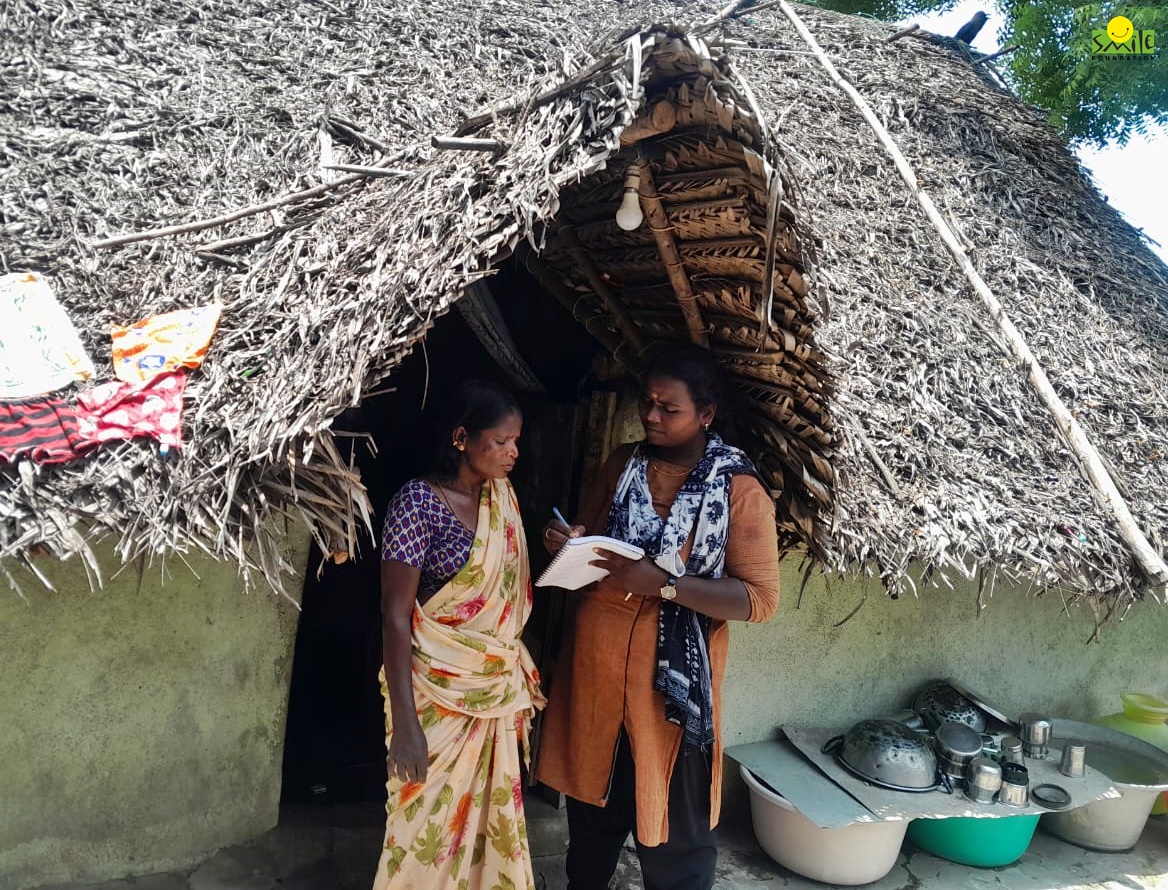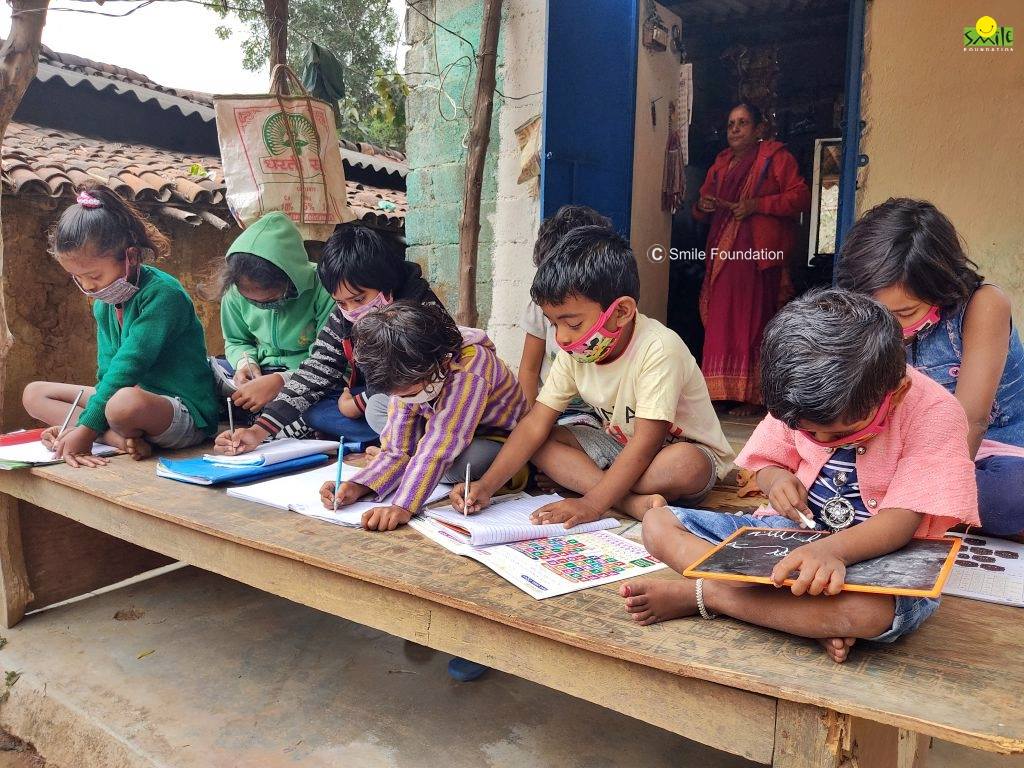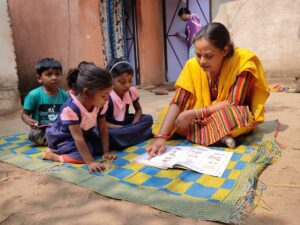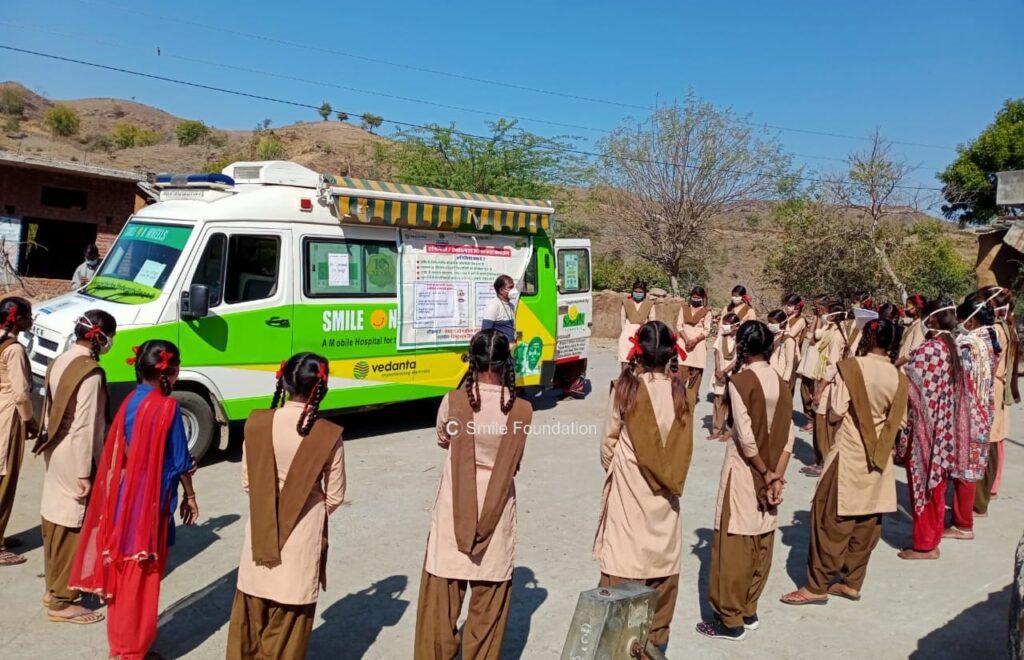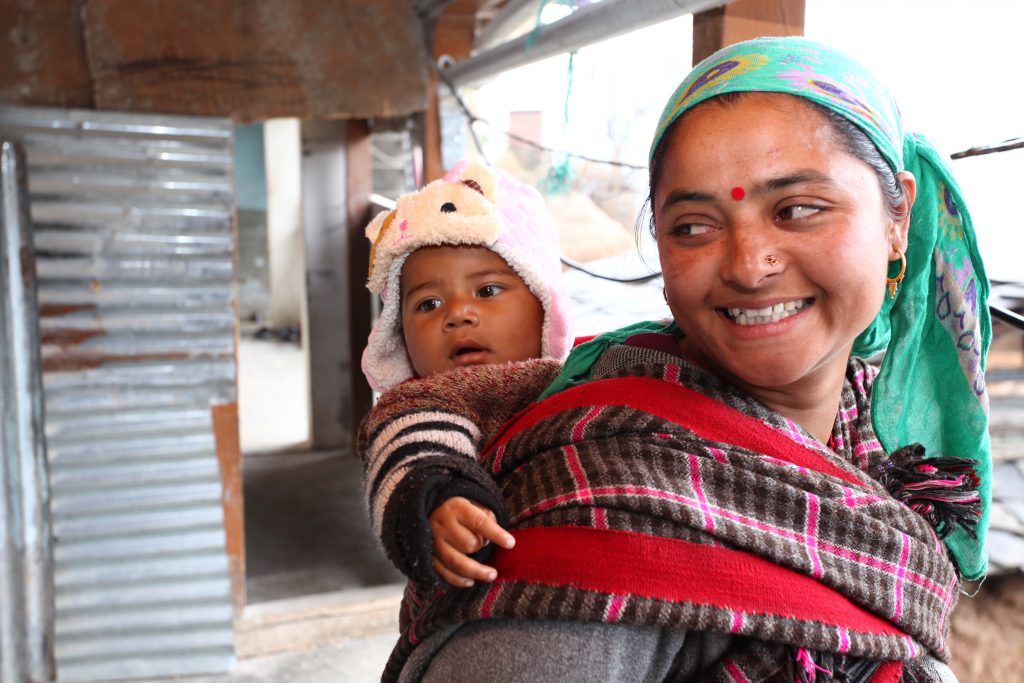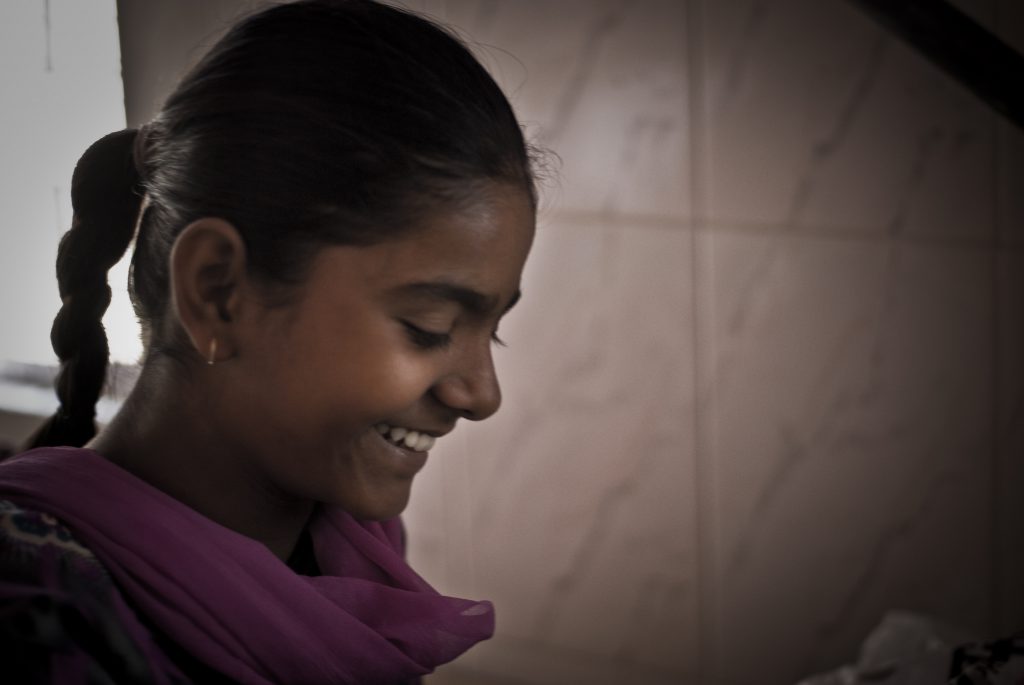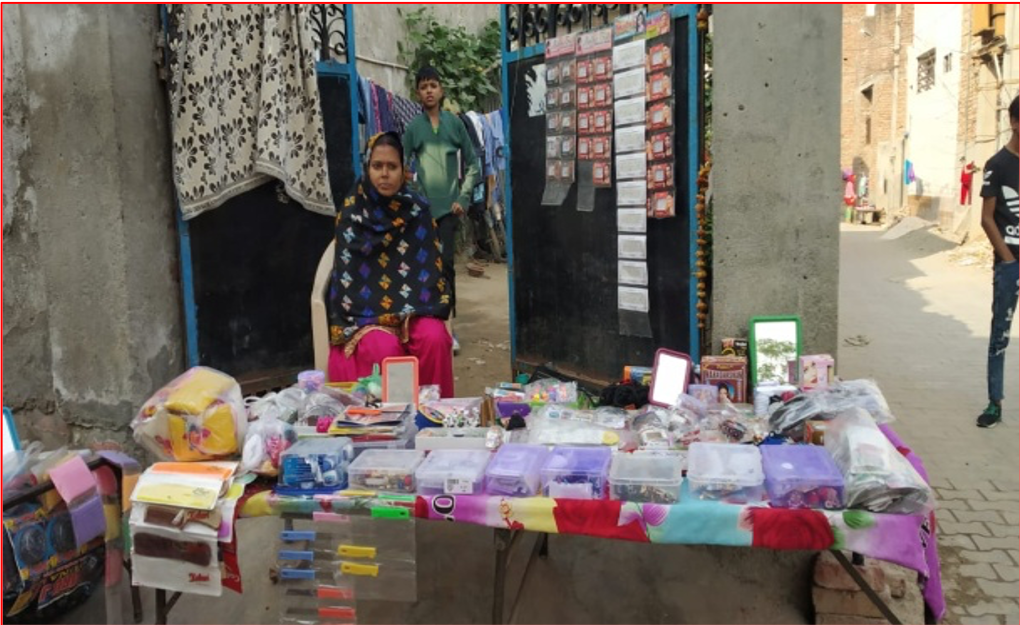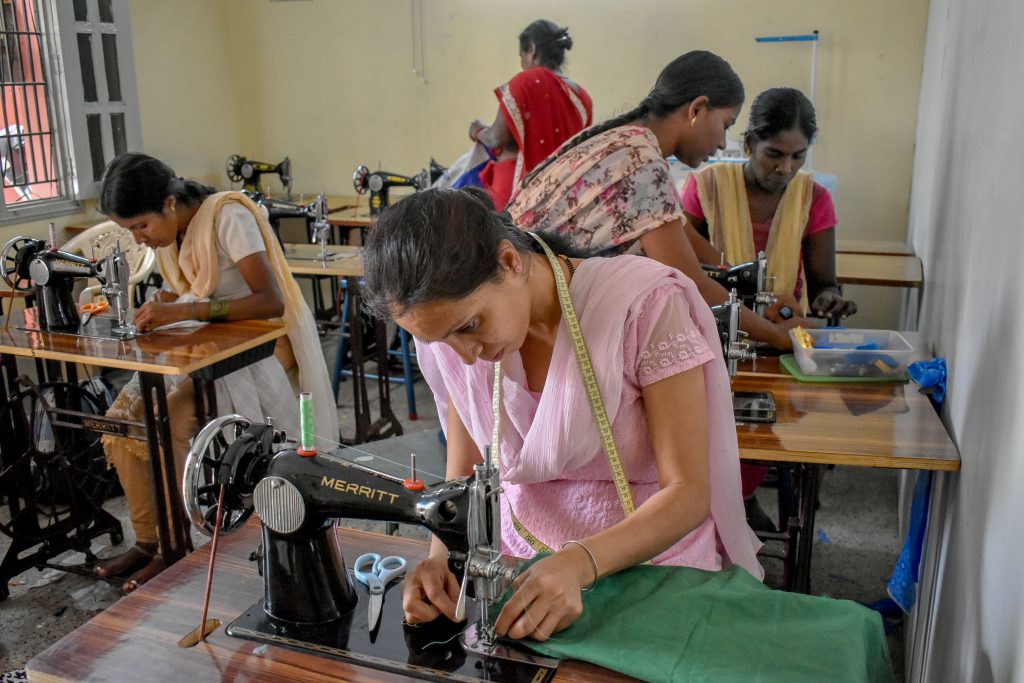We have all heard of the taboos associated with menstruation or periods in India. A natural process like the menstrual cycle is still discussed in hushed voices. Even today, reports of women subjected to isolation during their periods, appear in the media. It has been a long-discussed topic.
However, another big challenge associated with this is the lack of access to menstrual hygiene products. Women start experiencing a regular period cycle once they reach 11 or 12 years of age. They live with it as a part of their daily lives for decades.
This makes it an extremely important area to improve. Poor access to menstrual hygiene services and products impacts every woman, and that too as frequently as once a month. Even then, period poverty is still a major issue in India.
But, period poverty is not just about poor access to resources. It is also about a lack of awareness and knowledge. So, before we talk about why we need a discussion around period poverty, let us first understand what it means.
What is Period Poverty?
Simply put, period poverty is the set of challenges a menstruating woman faces in accessing or affording menstrual products. It also refers to the lack of information about the issue. This further perpetuates archaic traditions, customs, and dogmatic thinking around periods.
According to data, one in five girls has to quit school every year because of poor access to menstrual hygiene products. For those who continue, 40% have to skip classes during their period days which has a serious negative impact on their education and classroom performance.
The misinformation about women’s menstrual cycle is so prevalent event today that 70% of mothers still consider it dirty. All these problems are further exacerbated due to the financial constraints that women coming from poor households face.
More Data On Women Menstruation and Period Poverty
Data shows that around 50% of women in India still use menstrual clothes during their periods. Only around 1.7% of women use products like tampons. Also, the use of sanitary napkins is directly proportional to the income level of families. In the poorest families, only around 53% of women use hygienic menstrual products.
Another study shows that 71% of girls in India are not aware of women period cycle or menstruation before their first periods. Many people in rural India don’t practice proper menstruation hygiene.
Things are challenging since there is a lack of proper restrooms, menstrual products, and water. 15000 of the 10.83 lakh government schools in the nation do not have restrooms, according to official statistics. The problem for so many teenage menstruators is worsened by the conspicuous lack of sanitary facilities.
All of these factors can be influenced and improved if we work towards them with sincerity. This is why period poverty in India needs a proper discussion today. Data has shown that women who have more than 12 years of schooling are most likely to use hygienic methods during menstruation.
At the same time, those who have no exposure to schooling are least likely to do the same. All of these facts highlight how critical the problem of period poverty in India is. It is directly related to the affordability of people, public infrastructure, education, and awareness of the issue in society.
Women Menstruation and Period Poverty: Solutions?
Now that we understand the challenges related to women’s menstruation and the concept of period poverty, the question to ask is – how can we overcome these challenges? Are there no solutions to these problems? Certainly, the answer to this is – yes, there are.
All the problems that we highlighted above are solvable, provided we have the determination to take the necessary steps in the right direction. But to do that, we must first agree upon the fact that addressing period poverty is one of the biggest priorities for any country today.
In today’s modern world, where technology like Artificial Intelligence is paving the way for transformative changes, we cannot deprive our women of a basic right like access to quality menstrual hygiene.
So, to fight all these challenges, we must look at these steps:
Challenge The Taboo
The cultural barrier is still one of the biggest in India and other societies as well. Because there is an associated element of shame with periods, it stops any productive conversation around it from happening openly. Therefore, the first step should be to annihilate these cultural barriers that make it difficult for women to even access necessary knowledge around periods.
Encourage Conversations Around Women Menstruation
Once the taboos are removed, the next step should be to start an open and honest conversation. Everyone, including boys, needs education about periods. This will not only help them empathise but will also create a more equitable society for women where they can talk about menstruation openly with their male family members and friends.
Bring Policy-level Changes
While social and cultural changes are important, what we also need desperately is strong policies from the government. If we do not have policies that favor women in this area, like providing subsidies on menstrual hygiene products or distributing free products to women living in poverty, then we will not be able to eliminate period poverty.
Policies like making period products available in schools, public spaces, etc., at affordable prices will significantly improve access.
Promote Sustainable Alternatives
Sanitary pads are among the most preferred menstrual hygiene products. However, they are also environmentally damaging. At the same time, women have to use multiple pads during one period cycle depending upon their flow. This means, one woman may end up using around 10 sanitary napkins in a month. This can be very expensive for anyone who cannot afford to spend so much money.
Therefore, sustainable products like menstrual cups, which are made of silicone and may last up to 12 years, should be promoted and sold at subsidized prices. Since they can be used many times, they are cheaper in the long run and also cause less damage to the environment.
Support from NGOs
Many non-government organisations, including Smile Foundation, are already working in this area to reduce period poverty in rural as well as urban spaces. What we need is to expand the reach and take these initiatives to more and more people. This way, we will be able to eliminate period poverty faster.
However, this can be achieved only with the help and support of generous donors. Therefore, a proper discussion around period poverty only can create opportunities for everyone to come together and work towards its eradication.




